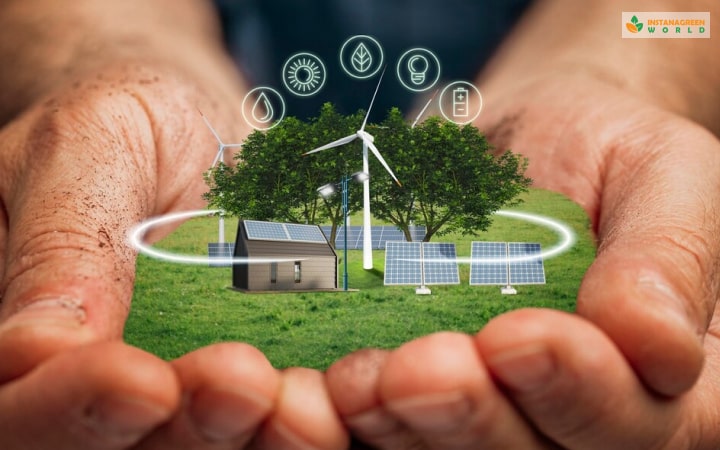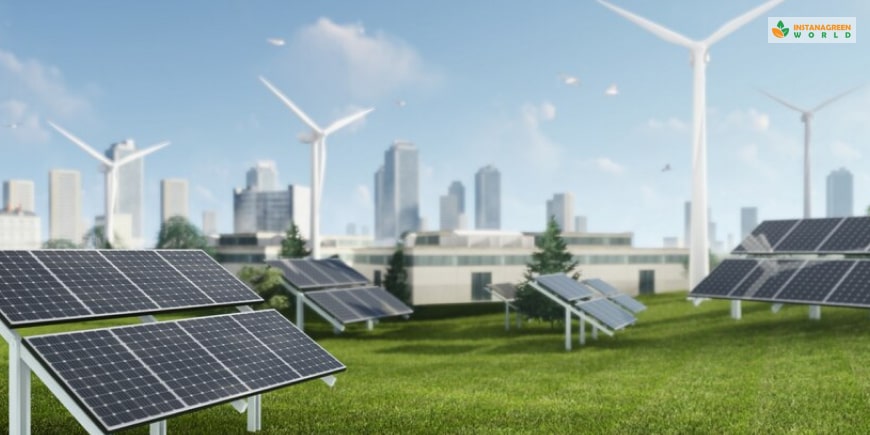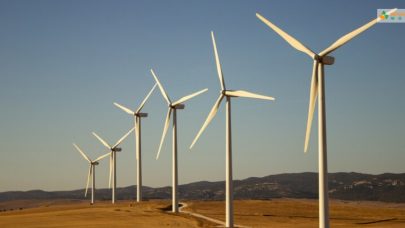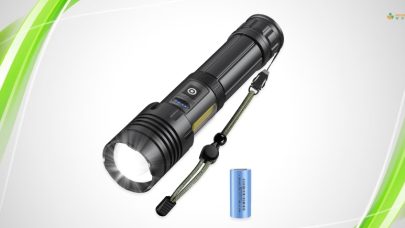Renewable resources are crucial for addressing environmental concerns, reducing greenhouse gas emissions, and promoting sustainable energy practices.
The development and utilization of renewable energy technologies play a significant role in transitioning toward a more sustainable and low-carbon energy future.
What Are Renewable Resources?

Renewable resources, also known as renewable energy sources, are natural resources that are replenished naturally and sustainably over time.
These resources are considered environmentally friendly because they have a reduced environmental impact compared to non-renewable resources, such as fossil fuels. Here are some common types of renewable resources:
What Are The Different Types Of Renewable Resources?

Renewable resources are sources of energy that are naturally replenished and environmentally sustainable over the long term. Here are some different types of renewable resources:
Solar
Solar energy is harnessed from the sun’s rays using photovoltaic cells or solar thermal systems. Photovoltaic cells convert sunlight directly into electricity, while solar thermal systems use sunlight to generate heat that can be used for various purposes.
Advantages
- Renewable And Abundant
- Clean And Environmentally Friendly
- Reduced Greenhouse Gas Emissions
- Low Operating And Maintenance Costs
- Energy Independence
- Decentralized Energy Generation
- Job Creation
- Technological Advancements
- Scalability
- Off-Grid Power
- Reduced Water Usage
- Long Lifespan
- Grid Support
- Aesthetic Integration
- Education And Awareness
Wind
Wind energy is generated by harnessing the kinetic energy of the wind to turn turbines connected to generators. This mechanical energy is then converted into electricity. Wind farms are common installations for large-scale wind energy production.
Advantages
- Renewable and Sustainable
- Reduced Greenhouse Gas Emissions
- Low Operating Costs
- Energy Independence
- Job Creation
- Land Use Efficiency
- Technological Advancements
- Scalability
- Distributed Energy Generation
- Reduced Water Usage
- Aesthetic Consideration
Hydroelectric
Hydropower, or hydroelectric power, is generated by capturing the energy of flowing water, typically from rivers or dams. Water turns turbines connected to generators, producing electricity. Hydropower is one of the oldest and most widely used forms of renewable energy.
Advantages
- Renewable And Sustainable
- Low Greenhouse Gas Emissions
- Clean Energy
- Energy Storage
- Base Load Power
- Long Lifespan
- Efficient Energy Conversion
- Flexibility And Response Time
- Water Management And Irrigation
- Job Creation
- Recreation And Tourism
- Reliability
- No Fuel Costs
- Water Quality Improvement
Geothermal
Geothermal energy is obtained from the Earth’s internal heat. It can be harnessed for electricity generation through geothermal power plants or used directly for heating and cooling in residential and commercial buildings.
Advantages
- Renewable Ans Sustainable
- Low Greenhouse Gas Emissions
- Bas Load Power
- High Energy Efficiency
- Reduced Dependence On Fossil Fuels
- Low Operating Costs
- Heating And Cooling
- Geographic Distribution
- Continuous Availability
- Local Economic Development
- Reservoir Management
- Cogeneration (Combined Heat And Power)
- No Fuel Transportation
- Long Lifespan
Ocean
Ocean energy includes various forms of energy derived from the ocean, such as tidal energy, wave energy, and ocean thermal energy. These technologies harness the movement of tides, waves, and temperature differences in the ocean to generate electricity.
Advantages
- Biodiversity
- Climate Regulation
- Oxygen Production
- Food Resources
- Economic Opportunities
- Transportation
- Recreation And Tourism
- Climate Resilience
- Scientific Discovery
- Medicinal Resources
- Mineral Resources
- Cultural And Spiritual Value
- Waste Absorption
- Renewable Energy Potential
Hydrogen
Hydrogen can be considered a renewable resource when produced using renewable energy sources like solar or wind power. Hydrogen has the potential to be used as a clean fuel in various applications, including transportation and industrial processes.
Advantages
- Clean Energy Carrier
- Versatility
- Energy Density
- Storage And Transportation
- Zero Emissions
- Reduced Dependence On Fossil Fuels
- Grid Balancing
- Industrial Applications
- Energy Security
- Hydrogen Fuel Cells For Vehicles
- Hydrogen Blending
- Grid Independence
- Job Creation
Biomass
Biomass refers to organic materials, such as wood, agricultural residues, and waste, that can be used as a source of energy. Biomass can be burned directly for heat or converted into biofuels like biodiesel and ethanol.
Advantages
- Renewable And Sustainable
- Reduced Greenhouse Gas Emissions
- Carbon Neutral With Carbon Capture
- Waste Reduction And Recycling
- Local Economic Development
- Energy Independence
- Biofuel For Transportation
- Energy Storage
- Flexible Power Generation
- Diverse Feedstocks
- Corporation And Byproducts
- Utilization Of Marginal Land
- Reduced Reliance On Fossil Fuels
Bioenergy
Bioenergy encompasses the use of organic materials to produce energy. This includes biofuels (like biodiesel and ethanol) and the direct combustion of biomass for heat and electricity generation.
Advantages
- Renewable And Sustainable
- Reduced Greenhouse Gas Emissions
- Carbon Neutral And Carbon Capture
- Waste Reduction And Recycling
- Local Economic Development
- Energy Independence
- Biofuels For Transportation
- Energy Storage
- Flexible Power Generation
- Coproducts And Byproducts
- Utilization Of Marginal Land
- Reduced Reliance On Fossil Fuels
- Local Resources And Resilience
Air And Atmosphere
The movement of air masses and the temperature differences in the atmosphere can also be harnessed for energy. For example, air currents can be used to generate electricity through airborne wind energy systems.
Advantages
- Life Support
- Climate Regulation
- Air Quality
- Wind Energy
- Weather Patterns
- Ozone Layer Protection
- Sound Transmission
- Navigate And Communication
- Pressure And Atmospheric Circulation
- Water Cycle
- Aesthetics And Enjoyment
Wrapping Up!
Well, there you go; these are a few of the different types of renewable resources that are becoming high in demand because they are beneficial for the environment and a greener energy solution.
These renewable resources are far safer and more eco-friendly energy resources that won’t harm the environment. Now if you think this article was helpful for your benefit, then all you need to do is give this article a like and also comment down below.
Read more…
7 Best Energy Efficient Space Heaters You Can Buy














